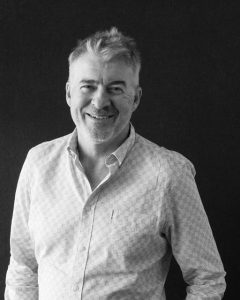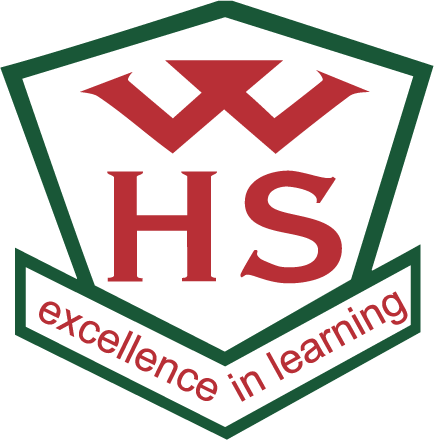 At this time of year we would normally have a range of celebrations as our seniors and, in particular, our departing year 13 class move into exam mode. These events haven’t been possible, in their normal form, because the Ministry of Education sent advice to schools at the end of September which was a shift in position, acknowledging that the rules for gatherings in most situations needed to apply to schools.
At this time of year we would normally have a range of celebrations as our seniors and, in particular, our departing year 13 class move into exam mode. These events haven’t been possible, in their normal form, because the Ministry of Education sent advice to schools at the end of September which was a shift in position, acknowledging that the rules for gatherings in most situations needed to apply to schools.
We have been in the ‘fortunate’ position in this country, in relation to the COVID pandemic, to be able to learn from the experiences from overseas and take action appropriately. We are also ‘fortunate’ that the evidence of actions overseas is quite apparent to anyone who accesses reputable news sources. This therefore forces our government to be transparent in the decisions it takes and the rationale for these decisions should be easy to understand.
As the leader of this school during this pandemic, my role is to follow the advice of the government and help guide the school through these challenging times. I do not underestimate the responsibility of such a position and it comes with challenges.
I agree with the decisions that the government has been making and I spend some of my ‘leisure’ time reading the reputable news sources that feed into those decisions. The incredible part of this to me is that the evidence is there for all of us to see, so why don’t some people see it?
John Lennon said (sang) quite eloquently (beautifully), “… living is easy with eyes closed, misunderstanding all you see” and Jane Austen, more caustically, “… better be without sense than misapply it as you do.” I agree with their insight but I also feel discomfort because I think the majority of us realise that this misunderstanding and this misapplication is going to have dire consequences in the not too distant future. This future may extend beyond this school year but it is certain that school and society will look differently in Wellington very soon.
I was reading a piece by Martin Thrupp from the University of Waikato who was stressing the importance of critical thinking. He said that “… we need a new emphasis on children and young people being able to really think for themselves so that they can respond best to the often frightening developments we are seeing around the globe and not be at the mercy of social media platforms. Political extremism and populism, social inequalities and discriminations of various kinds, consumerism and the climate crisis: all of these need a really considered response.”
And critical thinking, of course, doesn’t mean having an opposite viewpoint to the established view – it’s having the ‘considered response’ that Martin mentions based on good, reputable information which may then agree or disagree with the prevailing viewpoint.
This isn’t new and the media has regularly and long been both the saviour and the culprit. John Steinbeck, the American author, wrote about this in his visit to Russia in 1947 in ‘A Russian Journal’ and his insight into the role of news services still resonates. “We were depressed, not so much by the news but by the handling of it. For news is no longer news, at least that part of it which draws the most attention. News has become a matter of punditry. A man sitting at a desk in Washington or New York reads the cables and rearranges them to fit his own mental pattern and his by-line. What we often read as news now is not news at all but the opinion of one of half a dozen pundits as to what that news means.”
I would have liked to have said most of the above to our leaving class and I’d like our students to be able to engage critically with the information that is being presented to them in the current context and in the other contexts that Thrupp mentions. In the COVID context, accessing the very publicly available data coming out of the UK, the USA, and Australia provides overwhelming support for the decisions that our government has made in relation to vaccine mandates and face masks, because our government is accessing the same data. Yet still people write to me with their version of the truth and, inevitably, links to rabbit holes.
This is concerning to me and I have urged in every reply the need to access reputable sources. I sent a link last term to a Spinoff article about misinformation and disinformation and I received feedback from people in our community that I was politicising the issue. We surveyed our school community to see if there was a need to help the public health response by providing vaccination onsite and I was accused of pushing an agenda. Maybe I’ll be accused of doing it again. I strongly feel that our young people, probably more than ever, need guidance from us as educators and parents to navigate what is currently a veritable minefield of information. Of course governments make mistakes and they need to be held to account but we also need to build trust in the institutions of power that can help to solve the prevailing crises.
Mauri ora!
Dominic Killalea, Principal
